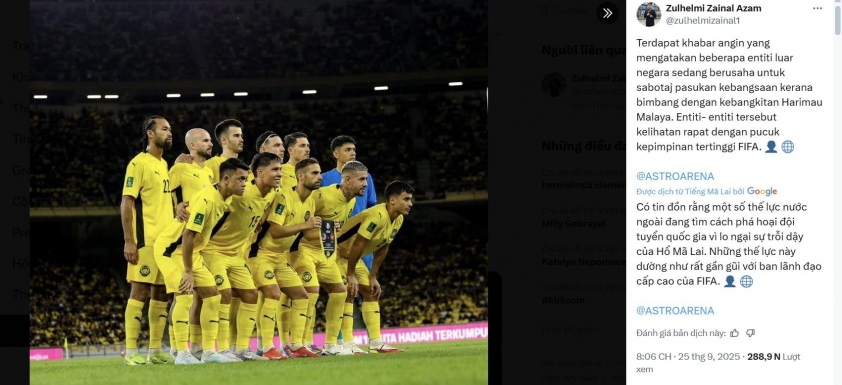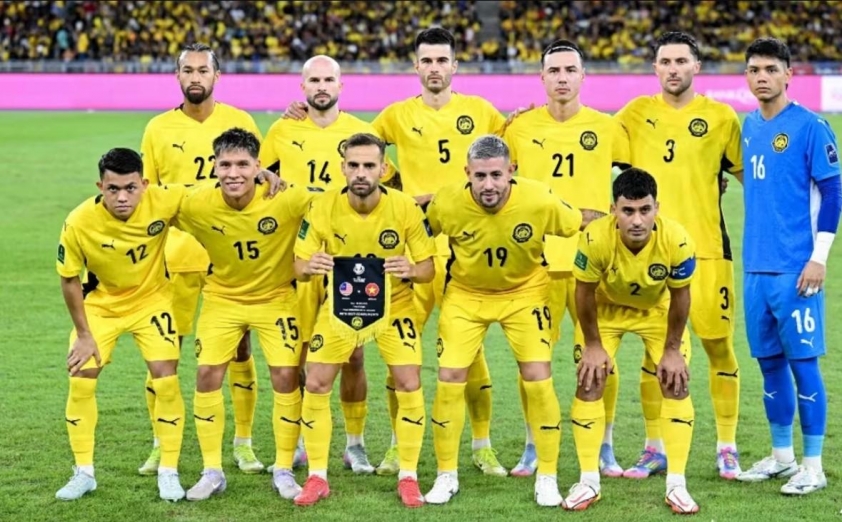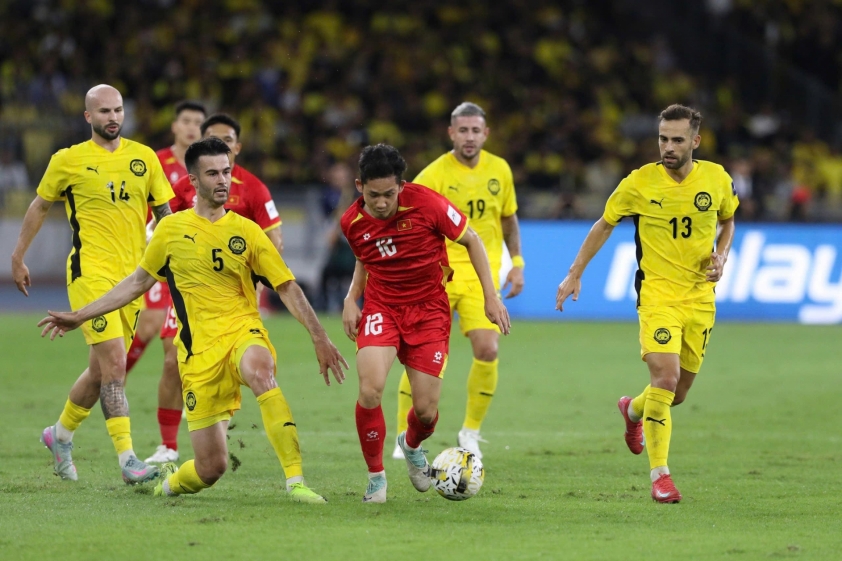Malaysian Expert: 'There is a force accusing us to FIFA'
The illegal naturalization scandal of the Malaysian national team is a significant controversy, with the question "who alerted FIFA about this?" trending widely across regional social networks.
According to CNN Indonesia, an “unidentified party” within the Asian Football Confederation (AFC) filed a report to FIFA regarding Malaysia's use of illegally naturalized players. This was the trigger for FIFA’s investigation and subsequent sanctions, but the identity of the whistleblower remains confidential.
On September 25, one day before FIFA officially issued sanctions against Malaysia, journalist Zulhelmi Zainal Azam (Astro Arena, Malaysia) posted on social media: “There are rumors that certain forces are attempting to accuse FAM (Football Association of Malaysia) due to Malaysia’s rise related to the number of naturalized players. These forces seem to have close ties with senior FIFA officials.”

Meanwhile, Indonesian football has also adopted an aggressive naturalization policy, mainly with Dutch-origin players, so comparisons between the two football systems have fueled suspicion. Notably, Indonesia had proposed a friendly match with Malaysia in September but was refused, which further intensified speculation among netizens.

CNN Indonesia confirms that these speculations lack evidence and emphasizes that FIFA keeps the reporter’s identity secret. However, the outlet also hypothesizes: “The most plausible party to report Malaysia to FIFA would be the aggrieved side. Yet, so far, no information has been disclosed; conclusions will only come after FIFA completes its investigation.”
CNN Indonesia suggests that if FIFA or AFC annuls the result of the Malaysia vs Vietnam match (4-0) due to fraud, the Vietnamese team could be awarded a 3-0 win and receive all 3 points in the 2027 Asian Cup qualifiers. This would be a significant boost for Coach Kim Sang Sik’s squad on their journey to the final tournament.

Meanwhile, the sanction has dealt a heavy blow to the reputation of the Football Association of Malaysia. The “mass naturalization” issue might lead other Southeast Asian football associations to reconsider their policies to avoid similar pitfalls.










 Links
Links
 Contact
Contact
 App
App


